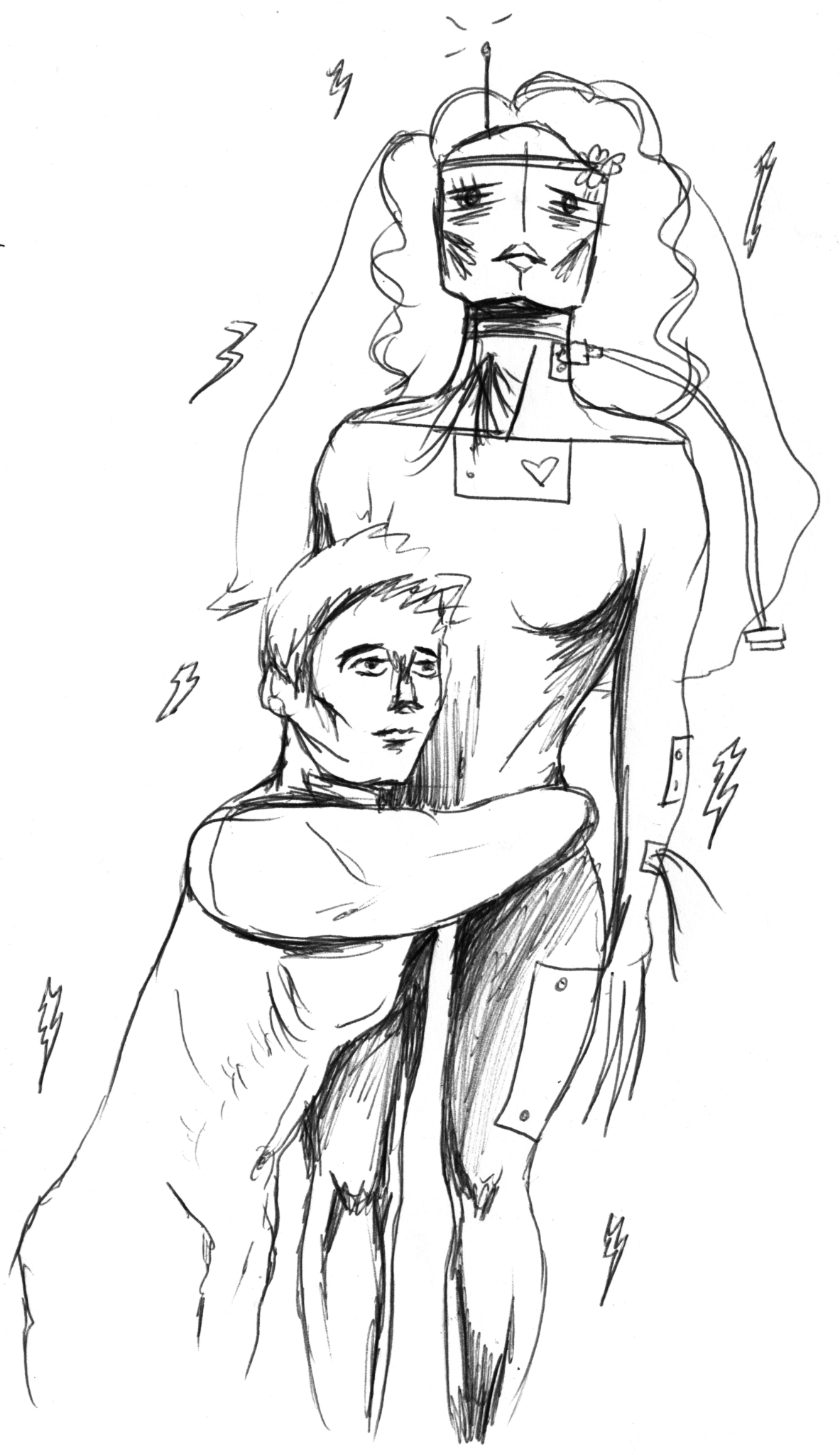
If you’ve ever had to check more than twice the time you sent that last text, you know what I mean. I used to pride myself for not having a filter, for being impulsive and thus — at least, I thought — honest. Then I started texting. I realized that more often than not, I did not exactly mean everything I was saying. Even more, the illusionary protection my screen offered did not really make me more sincere, but even more prone to carelessness in my conversations. And it definitely did not screen away the very real impact of everything happening in cyberspace, which still seemed and seems to me quite fictitious to conceive.
As the boundaries between the “real world” and the online world become less and less distinguishable, we need to ask ourselves questions regarding the state of humanity — what have we become? “A Brief Inquiry Into Online Relationships,” the latest album by The 1975 does just this.
“Danny says we’re living in a simulation.” Danny is a heroin addict who begs his addiction to distract his brain from the “terrible news” that keeps coming from everywhere. It is the need to be sedated against the world; a mindset truly very difficult not to resonate with in the year 2018. When Matty Healy, screaming, quotes the leader of the free world: “I moved on her like a bitch” in the song “Love It If We Made It,” it’s quite impossible to not feel uncomfortable and anxious by the ironies of our modern society. So anxious and so uncomfortable that, you conclude, this cannot not be real.
But it is. And you have to deal with it. Just like that mistake you made in that Facebook post from two hours ago that’s being attacked by everyone.
It’s hard to be a person in 2018. Surrounded by numerous pop culture destinations that motivate us to “be happy,” “be successful,” “be famous” — but somehow always finding ourselves in the mundane reality of always getting there, sitting “on a train again,” as Healy says in “I Always Wanna Die (Sometimes).” When things go wrong, life moves on too quickly, violently grounding us to reality, without giving us the time to adequately process anything. “But what about these feelings I’ve got?” asks the band. What do we do when we feel broken and alone? How do we pause in a world rushing forward?
I don’t think The 1975, or anyone really, can know exactly how you feel. Even though they quite literally claim they would go as far as to open your head to know what’s “Inside Your Mind.” As they admit, we are all barely “intermediately versed” even in our own feelings. Perhaps it’s difficult to imagine how we can be saved from such loneliness — because that’s what it is really — and confusion, especially when we spend most of our time looking at each other through electronic screens. But as desperate as that can be, we somehow need to find a way to live, and to live with each other.
Even though The 1975’s questions indicate desperation, their urgency and concern bring to the surface a weird brand of hope. A hope that we have not yet resigned: that we are still trying to remain real in this world that has made “fakeness” easy. Real in and outside of Twitter.
“We are still human … right?” I caught myself wondering after I listened to the album for the first time.
As long as we are not stubborn enough to let our chat histories control us, we still can be. I don’t have the recipe for sincerity. I don’t think anybody does. If anything, “A Brief Inquiry Into Online Relationships” urges us to give ourselves a try at being genuine, to not be afraid of admitting to our mistakes.
But it’s uncomfortable. But it will cause pain. “Sincerity Is Scary” is the title of the album’s seventh record, encouraging us to stop hiding behind uncritical awareness and obsessing over appearing to be right, consistent and perfect.
The self-referentiality of life as a script that we’re writing and can trace should not be our jail, but our liberating vulnerability. Our struggle to remain human is in a time and place where everything we say stays with everyone, forever, or paraphrasing the band, strictly between us and the internet. But this is, perhaps, our only way of being sincere. Our only chance to meaning.
Listen to the album. In that balanced combination of sinister, fun and confused sides of The 1975’s snapshot of our failing modern society, it is quite certain that you’ll find some questions of your own.
Viktor Dimas | viktor.dimas@yale.edu .







